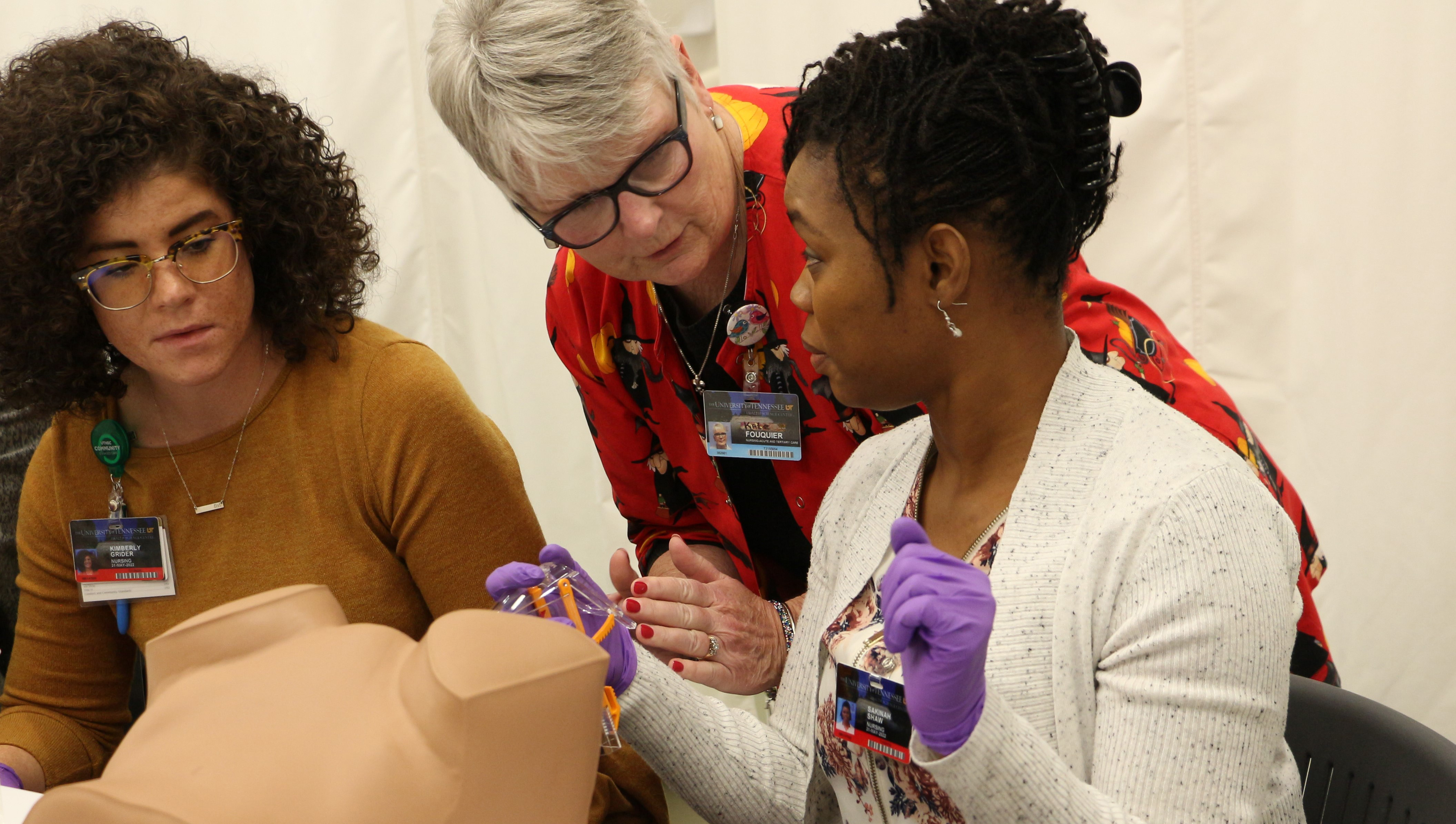DOI
10.21007/con.dnp.2021.0010
Faculty Advisor
Dwayne Accardo, DNP, APRN, CRNA
Document Type
Poster
Publication Date
Summer 7-17-2021
Disciplines
Analytical, Diagnostic and Therapeutic Techniques and Equipment | Anesthesia and Analgesia | Chemicals and Drugs | Geriatric Nursing | Medical Specialties | Medicine and Health Sciences | Nursing | Perioperative, Operating Room and Surgical Nursing | Pharmaceutical Preparations | Surgery | Therapeutics
Abstract
Background/Purpose: Post-operative delirium leads to significant morbidity in elderly patients, yet there is no regimen to prevent POD. Opioid use in the elderly surgical population is of the most significant risk factors for developing POD. The purpose of this scoping review is to recognize that Dexmedetomidine mitigates cognitive dysfunction secondary to acute pain and the use of narcotic analgesia by decreasing the amount of norepinephrine (an excitatory neurotransmitter) released during times of stress. This mechanism of action also provides analgesia through decreased perception and modulation of pain.
Methods: The authors developed eligibility criteria for inclusion of articles and performed a systematic search of several databases. Each of the authors initially selected five articles for inclusion in the scoping review. We created annotated literature tables for easy screening by co-authors. After reviewing the annotated literature table four articles were excluded, leaving 11 articles for inclusion in the scoping review. There were six level I meta-analysis/systematic reviews, four level II randomized clinical trials, and one level IV qualitative research article. Next, we created a data-charting form on Microsoft Word for extraction of data items and synthesis of results.
Results: Two of the studies found no significant difference in POD between dexmedetomidine groups and control groups. The nine remaining studies noted decreases in the rate, duration, and risk of POD in the groups receiving dexmedetomidine either intraoperatively or postoperatively. Multiple studies found secondary benefits in addition to decreased POD, such as a reduction of tachycardia, hypertension, stroke, hypoxemia, and narcotic use. One study, however, found that the incidence of hypotension and bradycardia were increased among the elderly population.
Implications for Nursing Practice: Surgery is a tremendous stressor in any age group, but especially the elderly population. It has been shown postoperative delirium occurs in 17-61% of major surgery procedures with 30-40% of the cases assumed to be preventable. Opioid administration in the elderly surgical population is one of the most significant risk factors for developing POD. With anesthesia practice already leaning towards opioid-free and opioid-limited anesthetic, the incorporation of dexmedetomidine could prove to be a valuable resource in both reducing opioid use and POD in the elderly surgical population. Although more research is needed, the current evidence is promising.
Recommended Citation
Harris, Gregory B. BSN, RN, SRNA; Hatchell, Brooke N. BSN, RN, SRNA; Woodard, Davelin D. BSN, RN, SRNA; and Accardo, Dwayne DNP, APRN, CRNA , "Intraoperative Dexmedetomidine for Reduction of Postoperative Delirium in the Elderly: A Scoping Review" (2021). Doctor of Nursing Practice Projects. Paper 10. http://dx.doi.org/10.21007/con.dnp.2021.0010.
https://dc.uthsc.edu/dnp/10
Included in
Anesthesia and Analgesia Commons, Geriatric Nursing Commons, Perioperative, Operating Room and Surgical Nursing Commons, Pharmaceutical Preparations Commons, Surgery Commons, Therapeutics Commons


